So, here are finally the complete answers. Again, very sorry for keeping you all waiting, but better late then never, right? Discussion of the answers is still welcome, I'm sure there are some interesting points there people would like to address.
For completeness' sake I have also added the answers to my posts just after the end of my quiz, for anyone looking over this thread later.
1. The last few letters at the end of all internet addresses are called country code top-level domains (or ccTLDs), examples being .uk for the United Kingdom or .de for Germany. Four such ccTLDs have however already been deleted or retired, although one of them was never actually activated on rootservers. They are: .bu, .cs, .dd and .zr. Name the four countries which these ccTLDs corresponded to. (4 x 1 point)
a) .bu:
Burma was renamed to Myanmar in 1989 by the mililtary junta which still rules the country. The current ccTLD is .mm.
b) .cs:
Czechoslovakia split up into the Czech Republic and Slovakia on the 1st of January, 1993. Slovakia was assigned .sk, and the Czech Republic .cz.
c) .dd:
The German Democratic Republic or GDR (German: Deutsche Demokratische Republik or DDR) was unified with the western half of Germany in 1990.
d) .zr: In 1960 the Republic of Congo became independent of Belgian rule, and added the prefix Democratic later to become the Democratic Republic of Congo. However in 1971 the country was renamed to
Zaire by Mobuto Sese Seko, before the old name Democratic Republic of Congo was restored by Laurent-Desire Kabila when he came to power in 1997, changing the ccTLD from .zr to .cd.
2. Im looking for a city which has been known under three different names, two of them relating to the persons below. Give me all three names, including the modern-day one. (3 x 1 point)
This question proved to more tricky than I thought, and only two or three got it. The first picture depicts
Alexander the Great, while the second shows
Vladimir Lenin. The city I was looking for is modern-day
Khujand, which was founded by Alexander the Great as
Alexandria Eschate, literally Alexandria the furthest, since it lies at Alexanders northernmost frontier in Tadjikistan. Eventually the name Khujand or Khodjend established itself, but was briefly replaced by
Leninabad during the Soviet era, before returning to its former name in the modern day.
Hornblower gave an alternative answer, which I also marked correct: The town of Gyumri is very ancient and the second largest in Armenia, and was renamed to Alexandropol in 1840. The error in Hornblowers reasoning lies in the fact that Alexandropol was not named after Alexander the Great, but after Emperor Nicholas I's wife, Princess Charlotte of Prussia, who had changed her name to Alexandra Fyodorovna after converting to Orthodox Christianity. Nevertheless I gave Hornblower the point. During the Soviet era, the town was known as Leninakan, but was called Gyumri again thereafter.
3. Below are five very emiment and influential Romans. Ive split their names, then added their pictures, their dates of birth and death and some details of their life. Your task is to always connect five matching elements and give your answers as a set of five letter codes (i.e. dbbae). I think it should be solvable if you make use of all available clues, intelligent guessing will help you but not completely random guessing. The points are as follows: Score 2 points for a correct 5 digit code, and still score 1 for a code with one wrong digit. So potentially up to 10 points in total.
Everybody attempted this question, and almost everybody scored points on it, and quite a few even got full marks, congrats to them! Joining up the names and adding the brief biographies proved easy, but adding the dates of birth and death and their images was more difficult, as I expected. Like I said, there were several clues and hints scattered about: for instance, even though Cato was a contemporary of Scipio Africanus, their dates of birth and death and their pictures could be distinguished because Cato grew much older than Scipio, and hence also looks quite wrinkly on his portrait. Below I have first listed the letter codes and then put the answers in the correct order:
Acbcd / bedda / caabe / dbeac / edceb
a) Lucius Cornelius Sulla
c) Felix
b)
c) 138 78 BC
d) Member of the so-called optimates and opponent of Gaius Marius, had himself elected dictator for life but retired after only two years, having cleansed Rome of all his opponents.
b) Marcus Licinius Crassus
e) Dives
d)
d) 115 53 BC
a) One of the richest men in Rome, he suffered a disastrous defeat at the hands of the Parthians at Carrhae, whereupon he was killed.
c) Marcus Porcius
a) Cato
a)
b) 234 149 BC
e) Carthago delenda est probably his most famous words. Xenophobic and anti-Hellenic, a thoroughly conservative fellow. Also surnamed the Censor.
d) Publius Cornelius Scipio
b) Africanus
e)
a) 235 183 BC
c) Defeated Hannibal at Zama in 202 BC, ending the Second Punic War.
e) Gnaeus Pompeius
d) Magnus
c)
e) 106 48 BC
b) Decisively defeated by Caesar at Pharsalos, then murdered in Egypt.
4. This is the flag of a country with a very brief existence, from 1967 to 1970. What is its name (2 points) and which country did it break away from, of which it is still a part today (1 point)? What is the ethnicity (one of the largest single ethnicities in Africa in fact) of the majority of the population of the province? (2 point)
This man was born in the region and acted as an ambassador for the short-lived government. What is his name? (1 point) Name a famous book which he published. (1 point)
After unrests in
Nigeria in 1967, several southeasterly provinces declared themselves independent under the name
Biafra, derived from the Bight of Biafra, the bay of the Atlantic to its south. The main ethnic group in Biafra were the
Ibo or Igbo. For three years, a war with Nigeria raged, and Biafra did surprisingly well, considering Nigeria received more foreign assistance. However, due to food shortages economic and military collapse soon followed, and Biafra surrendered in 1970. Nigeria (surprisingly) did not commit any major reprisals, and since then unity has held the country together. (Unimportant funny random fact: Biafras national anthem Land of the Rising Sun used the same melody as Sibelius Finlandia.)
The name of the depicted man is
Chinua Achebe, a well-known Ibo author. In 1958 he wrote the famous novel
Things Fall Apart about the impact of colonialisation on a 19th century Ibo community. Only two sumbittants managed to identify Achebe and his book though, which was a little surprising. Ive read Things Fall Apart and can only recommend to all others as a very good book!
5. I will now supply some quotes from a few famous philosophers. As not to overly disadvantage the not so philosophically inclined, there is only one point per question. (Note: two quotes are from exactly the same philsopher!) Seven points in total.
a) History teaches us that people have never learnt anything from history. Bonus: this man was called the Prussian Aristotle by another philosopher. By whom? (1 point)
b) The world is all that is the case.
c) What I understand by Philosopher: a terrible explosive in the presence of which everything is in danger.
d) It is better to be a human being dissatisfied than a pig satisfied; better to be Socrates dissatisfied than a fool satisfied.
e) Philosophy is a battle against the bewitchment of our intelligence by means of language.
f) All things are constantly in flow, nothing stands still.
This question caused some people a headache, and was a mixed blessing for others. Nobody got full points here, but one certain former philosophy student scored 6 out of 7. While there were a few philosophy haters competing, most expressed some interest in the question and finding out the answers.
a) An obvious but true observation by the massively influential idealist philosopher
Georg W F Hegel (1770-1831). He was latered labeled Prussian Aristotle by none other than the father of communism,
Karl Marx (1818-1883). While Im sure the added clue Prussian Aristotle helped many people, only one person actually managed to tell me that it was Marx that called him this.
b)
Ludwig Wittgenstein (1889-1951), possibly the most important (and weirdest) philosopher of the 20th century, made these the opening words of his opus magnum, the Tractatus Logico-Philosophicus.
c)
Friedrich Nietzsche (1844-1900), being similarly dramatic here as when he exclaimed God is dead!
d) Utilitarian philosopher
John Stuart Mill (1806-1873), who was concerned with maximising the greatest happiness for the greatest number of people. However, not all happiness is equal, as he here demonstrates.
e)
Wittgenstein again, whose prime philosophical concern was language.
f) The only ancient in here,
Heraclitus (ca. 535-475 BC), one of the first philosophers, who held that everything was made of fire, loved stupefying contemporaries and later students with apparent paradoxes like we are and are not, and thought that change was the only constant, most famously expressed in the above quote, rendered in Greek as Πάντα ῥεῖ καὶ οὐδὲν μένει for those here that understand it.
6. Everyone knows that George Washington was the first President of the United States of America. But who served under him as Vice President during both terms (2 points) and who succeeded Washington and became the second President of the United States (2 points)?
A few contestants accused me of setting a trick question here, although it wasnt really: the answer to both questions is
John Adams (1735-1826). He served as vice president under Washington between 1789 and 1797, and then as president from 1797 to 1801, before Thomas Jefferson, his vice president, took office. John Adams seemed to be a rather little known figure (even by Americans), so I included him here, and while some solved it, I managed to successfully throw some others.
 But damn, that won't help me since Rambuchan is still in the lead
But damn, that won't help me since Rambuchan is still in the lead 
 This won't be forgotten
This won't be forgotten 
 ! I'm impressed
! I'm impressed 
 , but since I'm heading off for a holiday tomorrow, that won't be possible. So thanks to the_Monarch for a royal quiz
, but since I'm heading off for a holiday tomorrow, that won't be possible. So thanks to the_Monarch for a royal quiz  - it has been a very interesting one indeed - and congratulations to the winner, whoever it will be
- it has been a very interesting one indeed - and congratulations to the winner, whoever it will be 
 But damn, that won't help me since Rambuchan is still in the lead
But damn, that won't help me since Rambuchan is still in the lead 
 This won't be forgotten
This won't be forgotten 
 ! I'm impressed
! I'm impressed 
 , but since I'm heading off for a holiday tomorrow, that won't be possible. So thanks to the_Monarch for a royal quiz
, but since I'm heading off for a holiday tomorrow, that won't be possible. So thanks to the_Monarch for a royal quiz 


 . But you say you have to go? Oh no. Things were only getting better. Maibe if I can postpone the deadline 'til Thursday? It seems the misterious Luceafarul has not yet made his appearance from the dark night clouds as he said he would. So I'm now postoning the end of the quiz until Thursday, april 13'th noon, GMT. Nobody abandons the ship so easily
. But you say you have to go? Oh no. Things were only getting better. Maibe if I can postpone the deadline 'til Thursday? It seems the misterious Luceafarul has not yet made his appearance from the dark night clouds as he said he would. So I'm now postoning the end of the quiz until Thursday, april 13'th noon, GMT. Nobody abandons the ship so easily 
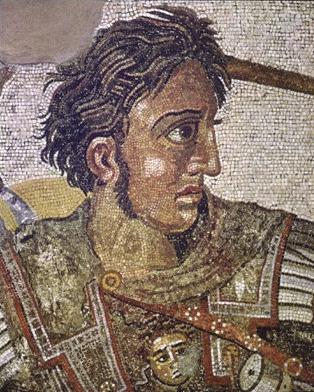
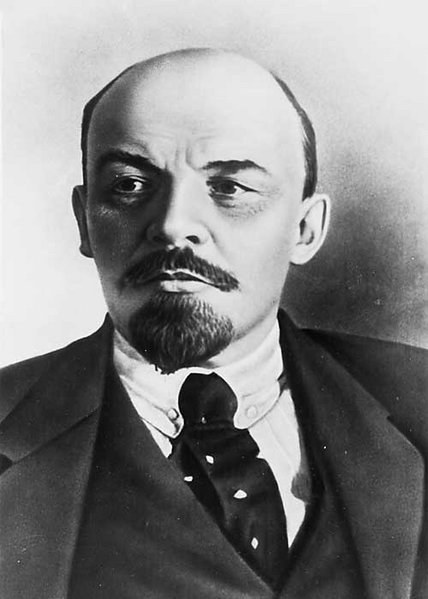
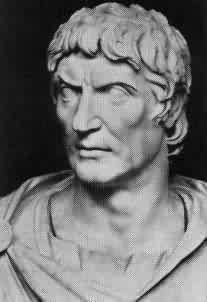
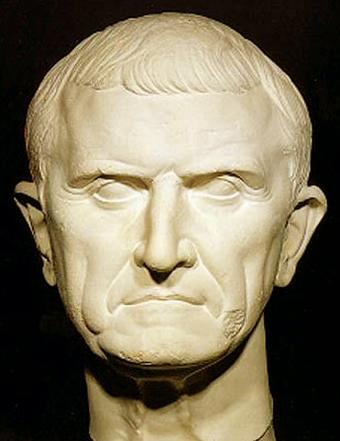
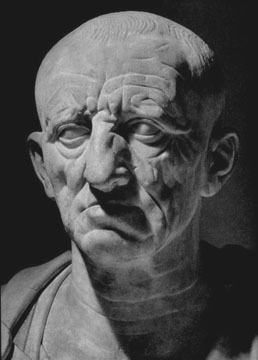
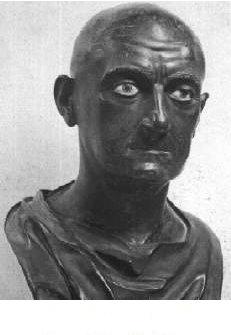
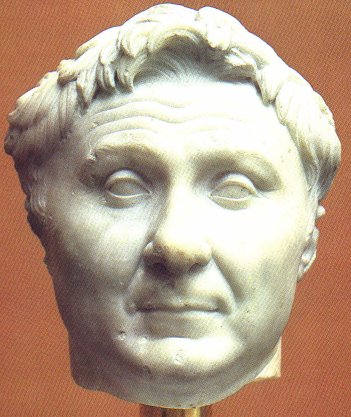
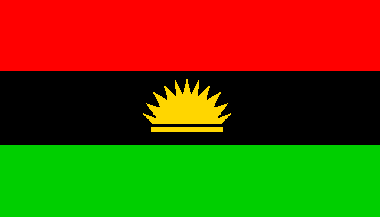
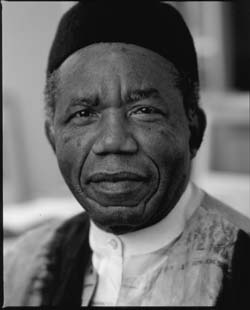
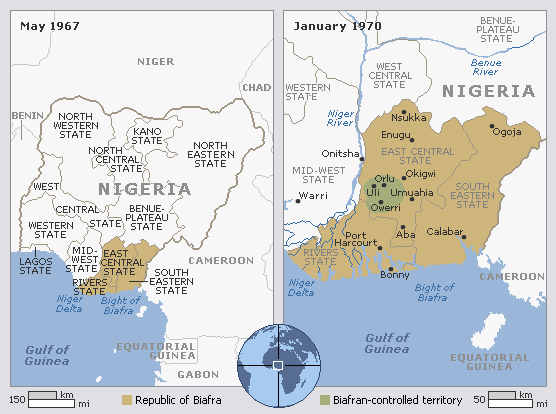
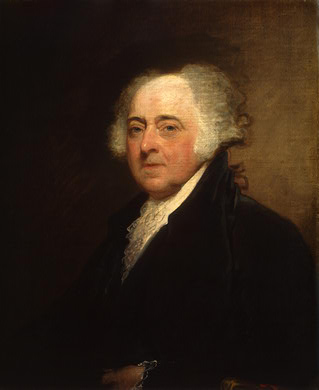
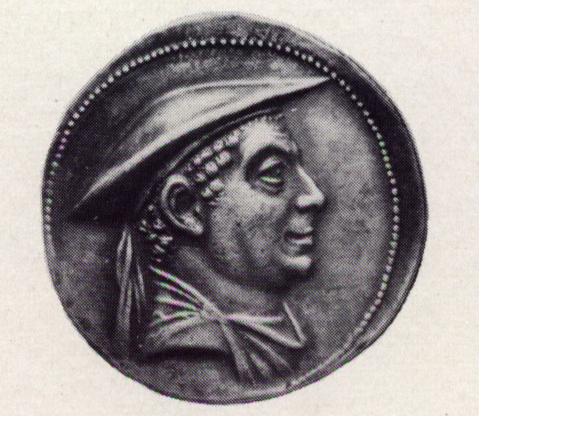
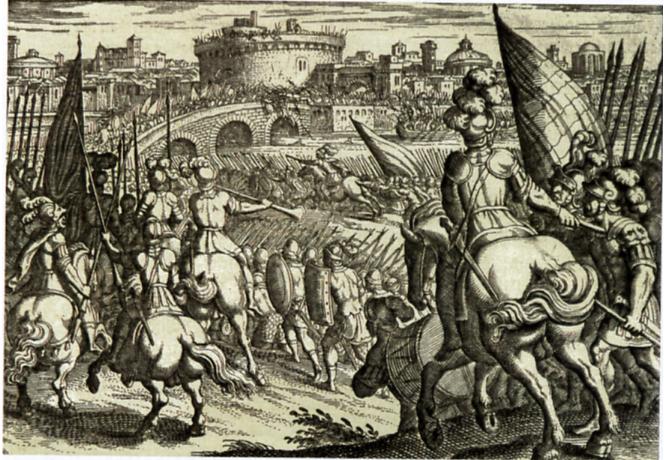
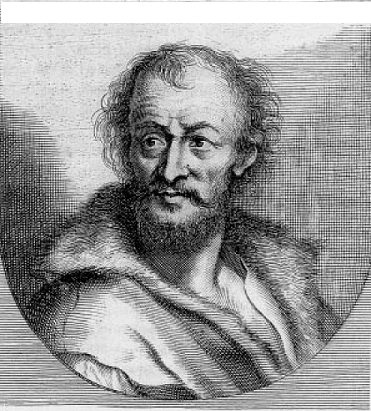
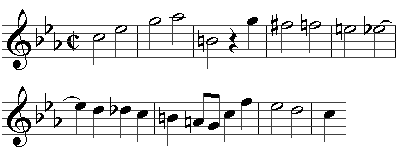
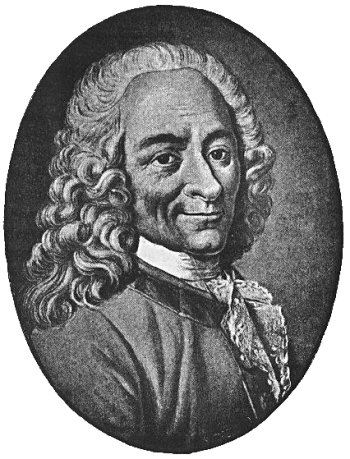
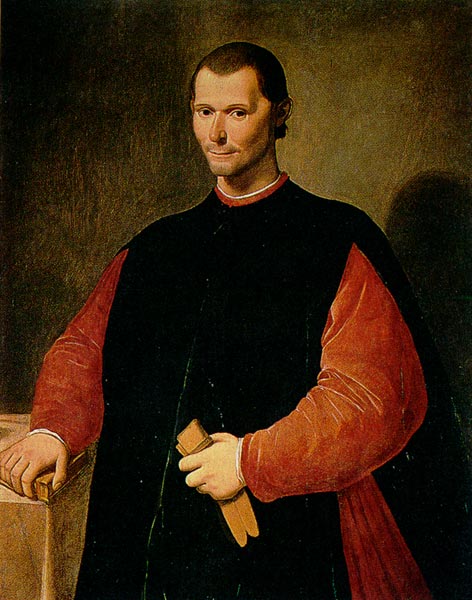
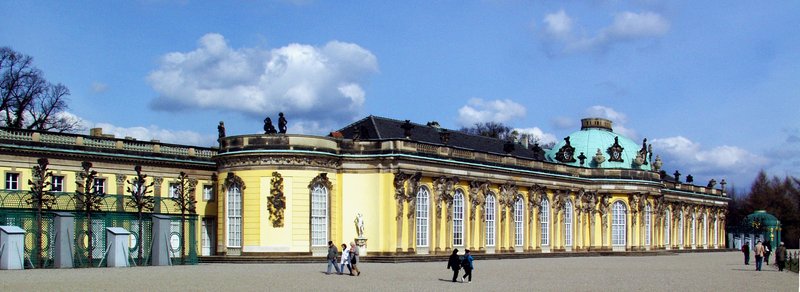


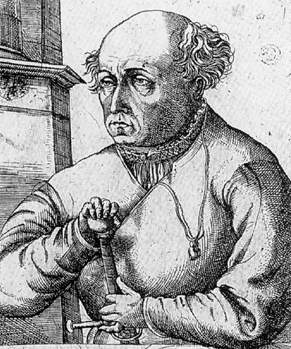



 .
.